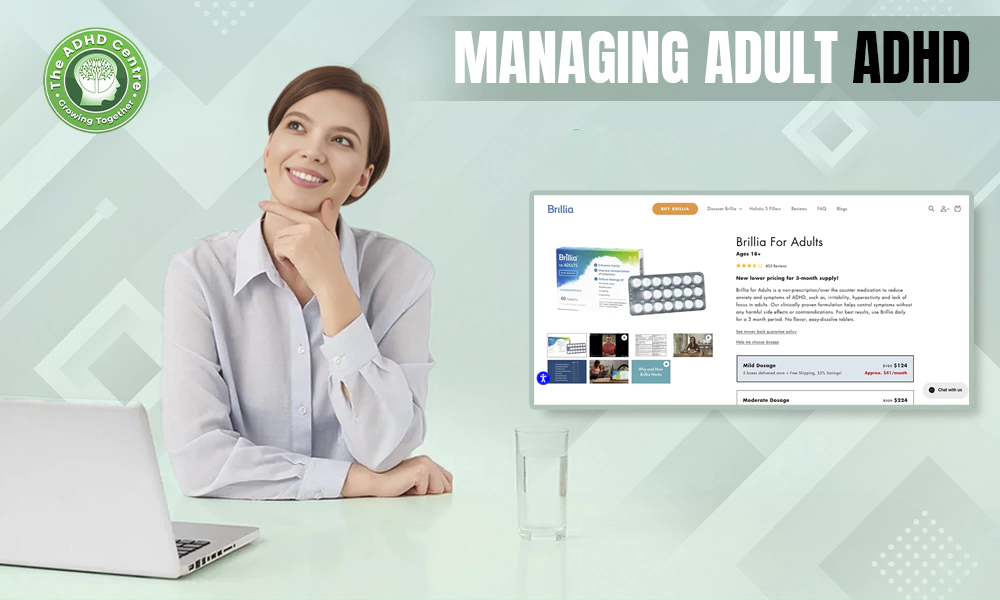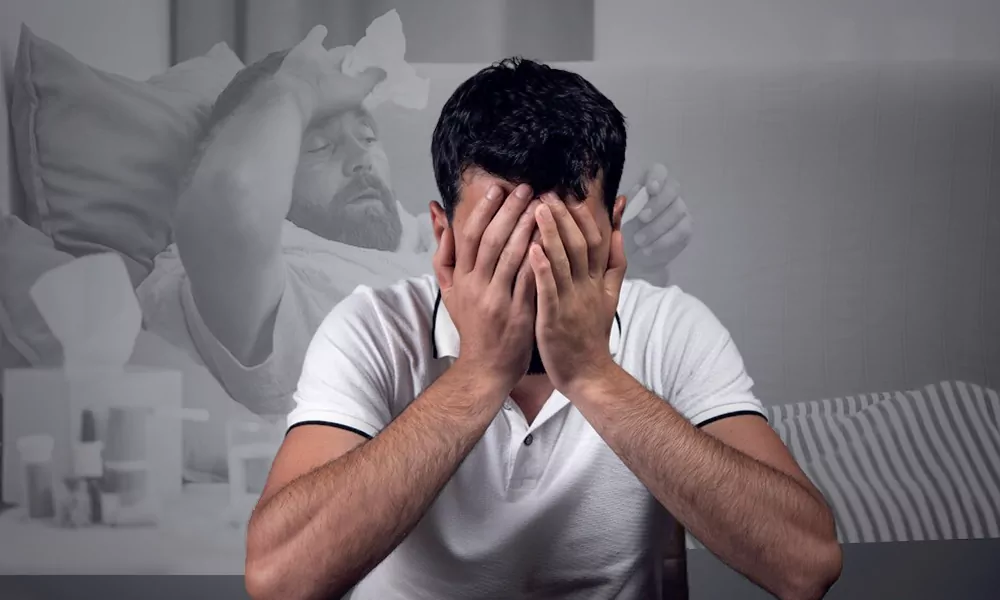Hearing Loss from Drugs Vs. Hearing Loss from Age

Hearing loss is a common condition that affects many people, regardless of age. According to the Centers for Disease Control and Prevention (CDC), hearing loss is the most common sensory impairment in the United States. Approximately 48 million Americans currently have some type of hearing impairment.
One of the most common causes of hearing loss is noise exposure, which can damage the delicate hairs inside the ear that help convert sound vibrations into electrical signals. Most people associate noise-induced hearing loss with loud concerts or sporting events. However, according to the National Institute on Deafness and Other Communication Disorders (NIDCD), many everyday objects such as hair dryers, lawn mowers, leaf blowers, power tools even headphones can also damage a person’s hearing if they are exposed to loud noise for extended periods of time.
Noise-induced hearing loss (NIHL) is a type of permanent hearing loss that is caused by exposure to excessively loud sounds or sounds that last a long time. NIHL can occur in both children and adults and is one of the most common types of hearing loss in the United States. As people age, they usually become less sensitive to loud noises and are less likely to experience hearing loss.
However, medications can also cause temporary or permanent hearing loss in some people. Several different types of medication can cause hearing loss, including antibiotics, chemotherapy drugs, certain antidepressants, and some vaccines. Here are some of the differences that differentiate hearing loss caused by age from hearing loss caused by drugs.
Drug-Induced Hearing Loss Can Be Temporary
When a drug causes temporary hearing loss, it is usually reversible when the drug is no longer taken, or the dosage is reduced. The most common drugs that can result in temporary hearing loss include antibiotics, blood thinners, blood pressure medications, cholesterol-lowering drugs, and chemotherapy drugs.
These types of drugs can cause a temporary reduction in blood flow to the middle ear and inner ear, which can lead to partial or complete loss of hearing. The good news is that temporary hearing loss typically improves on its own within a few days after the person stops taking the medication that caused the hearing loss. However, some drugs like Tepezza can cause permanent hearing loss if taken for an extended period of time.
Hearing loss from aging is permanent because the cells in your ears responsible for detecting sound have been damaged over time and cannot be repaired. As a result, your hearing will deteriorate as you age. Unfortunately, there is no way to reverse the damage that has already been done, and there is no cure for age-related hearing loss. However, there are things that you can do to slow down the process of hearing loss as you get older. These include limiting the amount of time spent around loud noises and getting regular hearing screenings to monitor your hearing health.
Drug-Induced Hearing Loss May Affect Only One Ear
Age-related hearing loss usually affects both ears equally. This means that if you suffer from age-related hearing loss, you are likely to significantly reduce your hearing in both ears. On the other hand, damage caused by certain drugs may only affect one ear.
Side effects of drugs such as antibacterial eye drops, anti-viral medications, or antihistamines are often limited to the side that was exposed to the medication. Some drugs cause hearing loss that affects only part of the auditory system, while others may cause hearing loss that affects the entire auditory system. Contact your doctor immediately if you are experiencing any symptoms of hearing loss after receiving a new prescription or taking a new over-the-counter medication.
Conclusion
Hearing loss is one of the most common side effects of certain drugs. Over time, it can devastate your quality of life and make it harder to enjoy the things you used to love doing. Fortunately, most cases of drug-induced hearing loss are temporary.
In most cases, hearing loss caused by certain drugs will resolve itself once you stop taking the drug that caused it. However, in some cases, the damage may be permanent, and you may have to learn to cope with your condition for the rest of your life. It is a good idea to have your hearing checked regularly to ensure that you don’t have permanent damage to the auditory system due to drug side effects.
Legal options are available for those whose prescription drug side effects have permanently damaged them. If you suffered significant hearing loss as a result of taking a certain medication, you might be able to receive compensation from the manufacturer of the drug.










